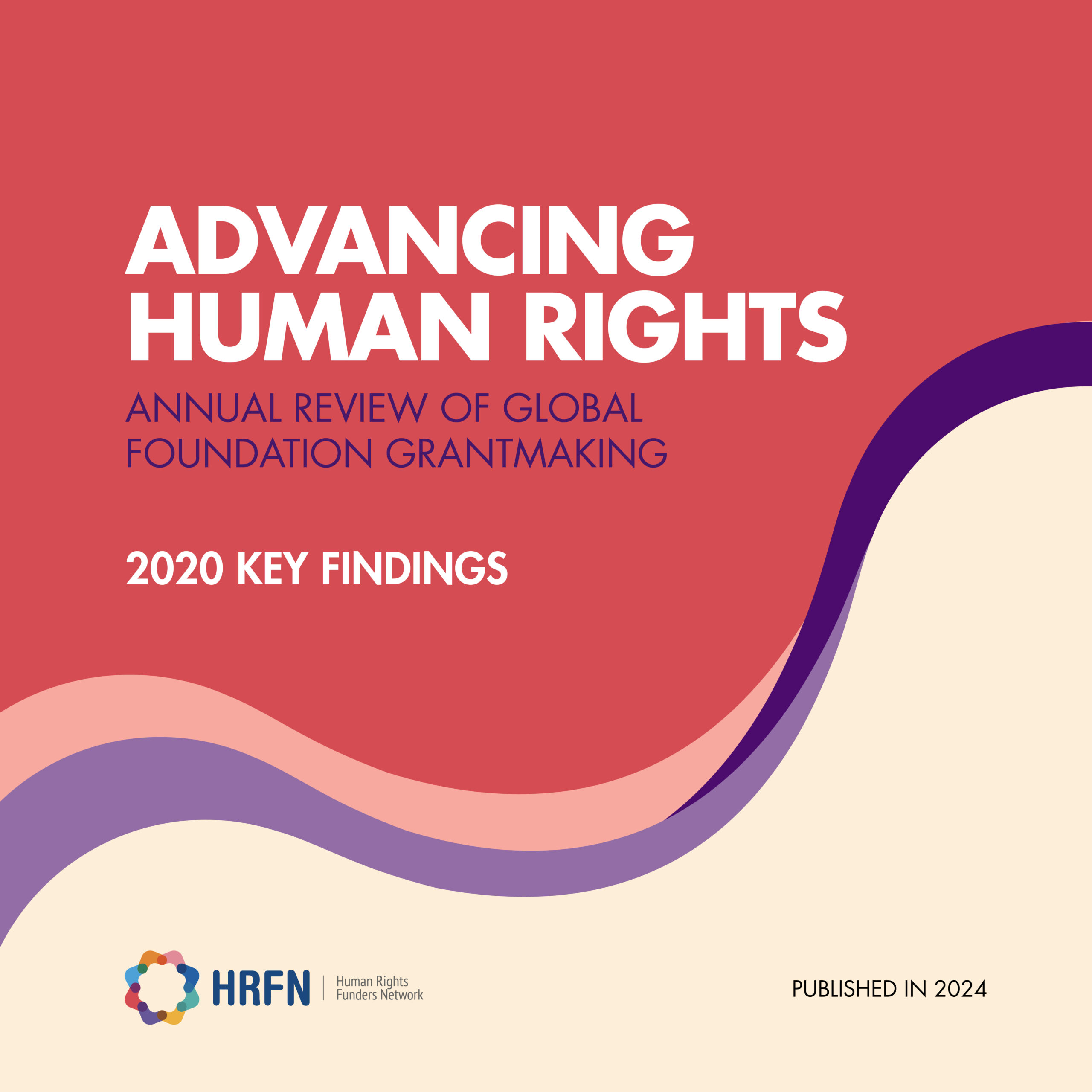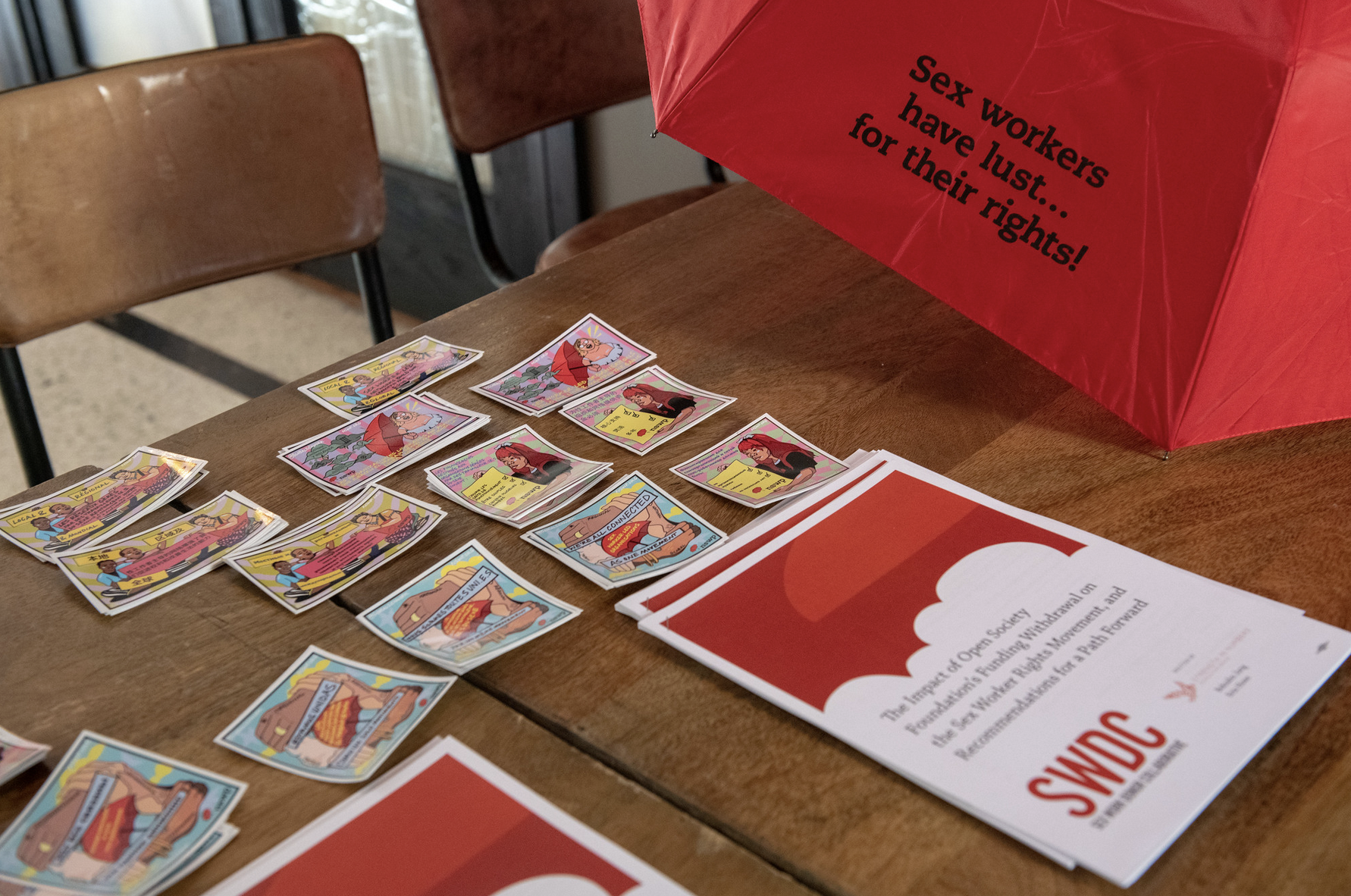Networking as Nourishment: Relationships Are Critical to Advancing Human Rights Work

Reflections by Rachel Gore Freed, Co-Chair of the HRFN Steering Committee and Vice President and Lead Program Officer of UUSC
Relationships are how I understand the world. Author and activist Arundhati Roy describes how I understand what relationship means:
To love. To be loved. To never forget your own insignificance. To never get used to the unspeakable violence and the vulgar disparity of life around you. To seek joy in the saddest places. To pursue beauty to its lair. To never simplify what is complicated or complicate what is simple. To respect strength, never power. Above all, to watch. To try and understand. To never look away. And never, never to forget.
Even with this deep grounding, I was surprised to find just how much I needed to expand my networks and relationships when I entered philanthropy nearly a decade ago. After many years working as a human rights activist and public interest lawyer, I was familiar with looking for funding and mobilizing resources for human rights defenders. I thought I would step into the program officer role with ease. Once I was there, I found the feat of building a social network of philanthropists quite daunting. It seemed like everyone knew each other and there were lots of closed-door, special meetings where big foundations ran the show. To utilize my power and privilege effectively, I recognized my former professional—and even personal—networks needed to grow.
My first annual HRFN meeting in New York was a turning point. I was working on our institutional strategy to support human rights and democracy in Burma. I needed to identify partners on the ground and think of creative ways to move resources to progressive and radical movements for social change. I can picture being in the upstairs hall at New York University and meeting other program officers, all who had spent decades supporting human rights work in Burma and throughout the region.
What started as informal conversations sparked collaboration that continues ten years later. Through the network I began cultivating that day, I’ve made strategic hires for UUSC; we’ve problem-solved funding questions together; and throughout a challenging and complex situation in Burma, we’ve continuously iterated an evolving strategy informed by those most impacted.
A few months after the conference, an earthquake in Nepal caused another humanitarian crisis. The connections sparked at HRFN’s conference quickly proved invaluable. In conjunction with and under the guidance of colleagues I met through HRFN, I undertook a trip that set in place our UUSC’s grantmaking strategy and built partnerships with communities directly impacted by injustice.


2018 HRFN Global Conference in Mexico City.
My relationships have taught me that strategic philanthropy is not a transaction—it is not about dollars in and dollars out. Rather, philanthropy is about gathering and mobilizing resources for those most impacted. It is about communication, research, organizing, policy advocacy, public education, leadership training, and building spaces for collaboration, networking, meaning making, and the cultivation of relationships. With every relationship that is begun, with every network that is built, we solidify partnerships that help us see the world differently and motivate us to evolve our philanthropic programming so that it keeps abreast of the changes in human rights movements.
At the end of the day, what drives the work that I love is the relationships I’ve built and continue to grow—the relationships with human rights activists on the ground, with coalitions engaged in leveraging power, and with colleagues and those working within networks to challenge oppressive systems. HRFN’s conferences create the space for this connection.
After years unable to gather, I am counting down until the next HRFN meeting and to being together again. There’s a certain nourishment and nurturing that happens when we congregate together, celebrate progress, mourn losses, and strategize for social change. These spaces help us recharge and rejuvenate so that we can continue the long, hard work of progress. I hope to see you there!



